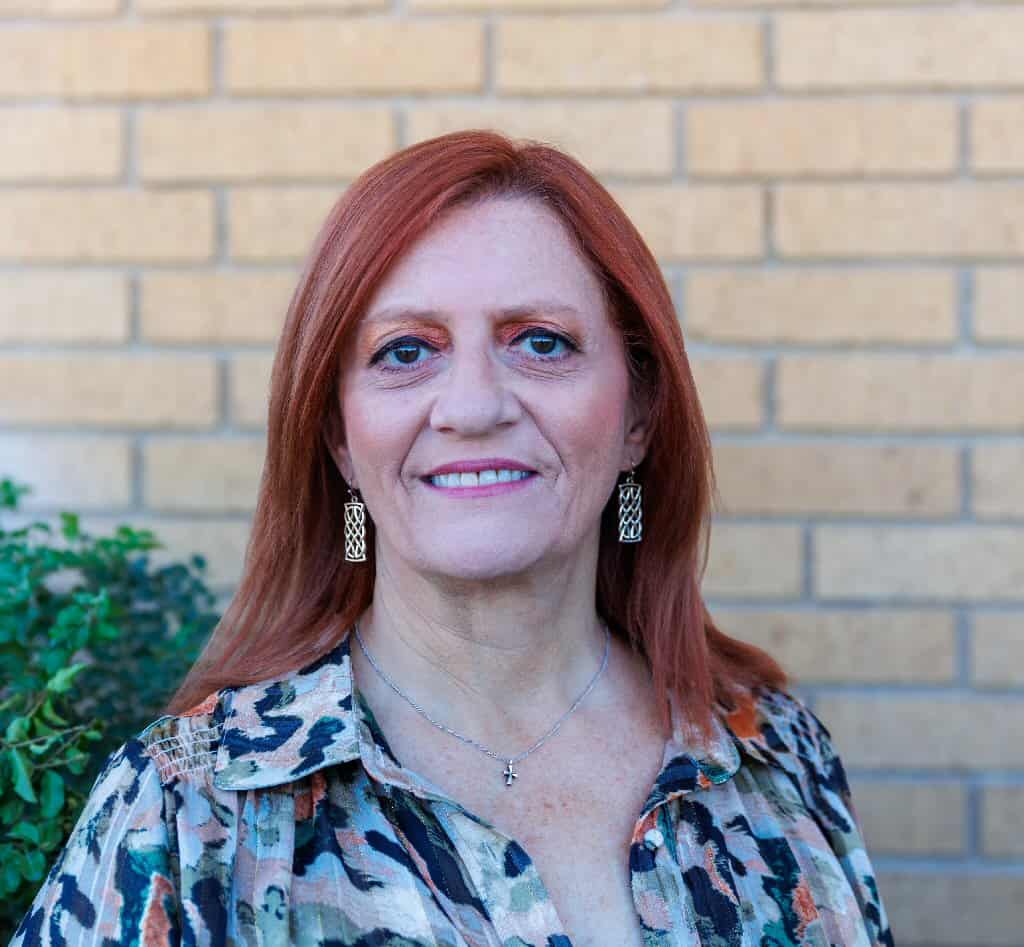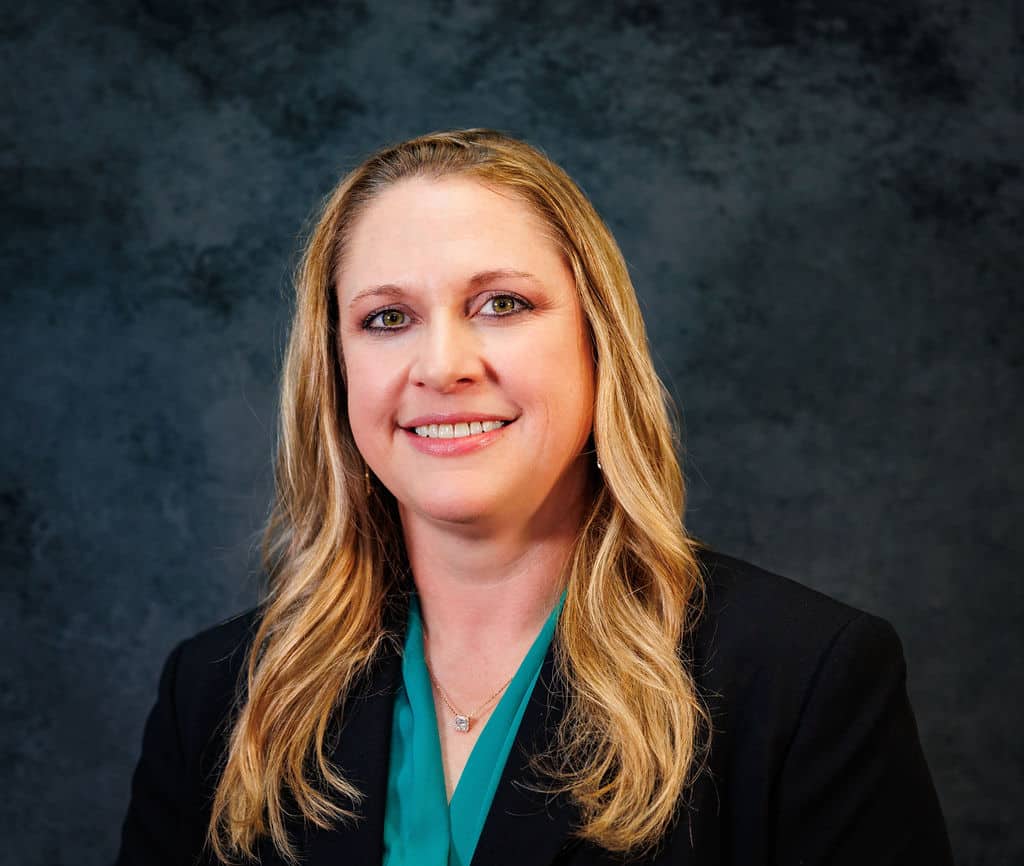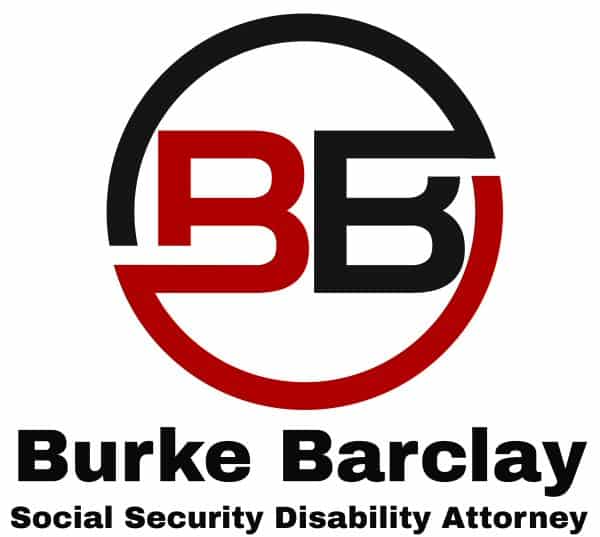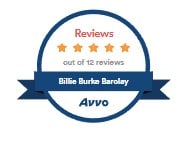Consulting a Lawyer for Free
Consulting a Lawyer for Free
The Law Office of Burke Barclay
To be honest, law isn’t that much fun unless you’re fighting for the little guy.
Our firm was based on just that criteria, fight for those who cannot do so for themselves. We believe we have put such thought into action. We can help you with consulting a lawyer for free.
We represent those who simply cannot get through the Social Security disability system. Often, these people, because of their condition, have not been able to work for years before they finally can have some resolution of their case. Many have not only lost their jobs and careers, but their homes and families by the time they are found legally disabled.
For almost all who appear before an Administrative Law Judge to determine their fate, this is a pinnacle moment in their lives. A resolution of their case is oftentimes not only life changing, but life saving as well.
Social Security law can seem confusing at times for those who have attempted to wade through the system themselves. Even attorneys at times scratch their heads wandering why a claimant would not have been determined disabled at one of the initial stages of the process.
Many people think that just because they have a severe physical or mental condition (or a combination of both) they will be determined to be disabled. The reality is that the Social Security Administration uses a strict Five-Step process to determine if someone is in fact disabled.
Oftentimes, because of a person’s age, education, and work history, even though he or she may have a severe condition, they will not be determined to be disabled. Sometimes, this leaves claimants filing multiple times attempting to receive benefits.
We recognize the difficulty in seeking disability benefits. We also understand that people often need someone to hold their hand to better present their case and to better explain to them why they will end up at the hearing or appeals process instead of being awarded benefits at one of the first two stages.
Thus, in essence, we help those who cannot help themselves. We’re always fighting for the little guy. We also believe in consulting a lawyer for free.
Burke Barclay
Burke Barclay graduated from Texas Tech University cum laude with a B. A. in Political Science and obtained his J. D. with honors from Concord Law School at Purdue University.
He practices in Social Security hearing offices throughout the United States for claimants who have been denied their SSI or SSDI benefits. He personally represents every client from the beginning stages of their disability claim to their hearing or possible appeal.
He is admitted to practice law before the California Supreme Court, the Central Federal District of California, Fifth Federal Circuit Court of Appeals, the Eastern Federal District of Texas, the Western Federal District of Oklahoma, and the United States Tax Court.
He understands that each case and each client have their own significant and individual needs which must be represented. While there cannot be results promised, there can be a guarantee that each client’s issues will be zealously represented before the Social Security Administration and the Office of Disability Adjudication and Review (Office of Hearing Operations).
Burke Barclay believes in consulting a lawyer for free.
Reasons to Choose Burke Barclay to Represent You for Your Social Security Disability Case
Are you in need of a trusted advocate to fight for your Social Security disability benefits? Look no further than Burke Barclay. With our team of dedicated professionals, we are committed to providing you with the representation you deserve. Here are a few compelling reasons why you should choose us:
1. Extensive Experience: At Burke Barclay, we have a wealth of experience in handling Social Security disability cases. Our seasoned attorneys possess a deep understanding of the complexities and nuances involved in these matters. We have successfully represented numerous clients across the United States, ensuring they receive the benefits they are entitled to.
2. Knowledgeable Guidance: Navigating the Social Security disability process can be overwhelming, but with our knowledgeable guidance, you can feel confident at every step. We stay up-to-date with the latest laws, regulations, and precedents, allowing us to provide you with accurate advice and strategic counsel tailored to your unique circumstances.
3. Comprehensive Evaluation: One of the key aspects of a successful Social Security disability case is presenting strong medical evidence. At Burke Barclay, we conduct a thorough evaluation of your medical records and history to ensure we have a complete understanding of your condition. This meticulous approach enables us to build a compelling case on your behalf.
4. Personalized Approach: We recognize that each client’s situation is unique, and we believe in providing personalized attention and care. Our dedicated team takes the time to listen to your concerns, understand your needs, and develop a customized legal strategy focused on achieving the best possible outcome for you.
5. Strong Advocacy: When it comes to representing you in your Social Security disability case, we leave no stone unturned. Our dedicated attorneys are skilled in presenting your case before administrative law judges with conviction and professionalism. We will fight tirelessly to ensure your voice is heard and your rights are protected.
6. Transparent Communication: Open and honest communication is the cornerstone of our client relationships. We believe in keeping you informed and updated throughout the entire process. Our team is readily available to answer your questions, address your concerns, and provide you with the peace of mind you deserve.
7. Nationwide Representation: Regardless of where you are located in the United States, we are here to help. Our team at Burke Barclay represents claimants across the nation, ensuring that everyone has access to quality legal representation for their Social Security disability cases.
8. Consulting a Lawyer for Free – When choosing a disability lawyer you should know that the Law Office of Burke Barclay offers consulting a lawyer for free. Also, if we represent you and do not win there is no fee.
When it comes to choosing representation for your Social Security disability case, Burke Barclay stands out as a trusted partner. With our experience, knowledge, personalized approach, and strong advocacy, we are committed to securing the benefits you deserve. Contact us today at (888) 780-9125 and let us guide you towards a brighter future.

- NSSDI applications are frequently denied because they don't have enough information to enable the SSA to award you SSDI benefits. It is better to appeal a denial first before submitting a new application. An appeal comprises multiple levels, so you can correct or supplement your application through this process.
- NThe SSA typically will not approve an SSDI benefits award if your earnings are more than $1,470 monthly (in 2023).
- NThe amount of work credits a person needs to qualify for SSDI depends on the age they became disabled. The general rule of thumb is that a person needs 40 credits, and 20 of these must have been earned in the last 10 years. However, younger applicants may need fewer work credits.
- NFor most states, it is usually 14 months after the claimant files an appeal for a hearing before his or her case is presented to an administrative law judge. The initial claim and reconsideration after the first denial usually take about 4 to 8 months to complete.
Consulting a Lawyer for Free FAQ
Not used
Not used
How long will this process take?
Consulting a Lawyer for Free FAQ
That is always a great question, but not easy to answer. To be realistic, every case has its own individual characteristics which either speed up a decision or slow one down. But, let’s see if I can narrow down the possibilities.
In reality, if your case is going to be denied twice and you are going to have to attend a hearing, then I would tell you that you need to accept that your case will probably take two years to complete.
For most states, it is usually 14 months after the claimant files an appeal for a hearing before his or her case is presented to an administrative law judge. The initial claim and reconsideration after the first denial usually take about 4 to 8 months to complete.
Of course, it’s always wonderful when we are able to win a case for our client within a couple of months of filing his or her claim, but that is not the usual pace in which most Social Security disability claims go.
What is the difference between SSDI and SSI benefits?
Consulting a Lawyer for Free FAQ
Let’s start with what they stand for: SSDI=Social Security Disability Insurance. SSI=Supplemental Security Income.
SSDI is awarded when a claimant is found medically disabled and he or she has earned the correct number of work credits based on his or her age and he or she has not allowed those work credits to expire. To make this quite simple, think of it this way: It is much like an insurance policy one pays into. As long as the policy is still valid, then a claim for benefits can be made.
If you are physically or mentally unable to work, then do not wait too long to file. Usually after five years a claimant will lose eligibility to file for this kind of disability. After two years of receiving SSDI, then the claimant can qualify for Medicare benefits.
SSI is similar, but different. In order to qualify for these benefits, a person still has to meet the medical requirements, but there is no requirement for work credits. However, the person qualifying for SSI benefits must make no more than a certain amount of money each month and have very few non-exempt assets. Here, instead of the claimant having to wait a period of time to qualify for Medicare benefits, he or she can qualify right away for Medicaid.
What will happen after I file for Social Security disability benefits?
If you filed your application online (and you should always do so), then your local Social Security office will send you paperwork confirming you are in fact seeking disability benefits. This is what actually begins the process.
Once all of your administrative issues are resolved, your case is then actually sent to a disability determination service in your home state. These are state employees trained in Social Security disability law and are paid by the Administration. Once your case is there, your medical records will be evaluated by a claims examiner who will make a determination on your case.
If your records are not sufficient, a consultative examination will be ordered and you will have to go see a doctor that has been paid by the Social Security Administration. During this process, you will also be required to fill out a function and work history report. These reports further help the claims examiner determine what work you might be able to do despite your physical or mental limitations and how your restrictions in your daily activities reveal how you are not able to work.
If you are denied after the first application, then you will have the opportunity to file a reconsideration where a new claims examiner will evaluate your medical evidence. If you are denied a second time, then you will have to file an appeal to appear before an administrative law judge to review your case. Most cases go no further than this, but if the judge denies your claim(s), then you will have a chance to have the Appeals Council hear your case.
From there, your case will either be remanded back to the judge or your case will be denied yet again. If all else fails…you can then take your case to the federal district court level and then the corresponding Court of Appeals. And yes, believe it or not, if your case is considered important enough for the Supreme Court of the United States to hear, then your case ultimately could end up there. But just remember, most cases end after the first hearing and yours is likely to do so as well.
Why should I even use an attorney?
Consulting a Lawyer for Free FAQ
What a great question.
Besides consulting a lawyer for free, if you are looking for any disability attorney to magically fix your disability problems, then you will be disappointed. If you hire an attorney from the very beginning of your case, then all he or she can really do is stand in line with you while the Social Security Administration decides your case. There are long periods of time in which not much will happen on your case and it will seem as though he or she is doing very little.
However, there are also some positive factors to consider, especially if you hire an attorney from the beginning of your case:
1. He or she can make sure you don’t make any mistakes. Any mistake made during the process can potentially hurt your case immediately or down the road if you must attend a hearing.
2. He or she can become familiar with your case through this lengthy process and if your case does have to go to a hearing, he or she is much more familiar with your conditions than if you just hired an attorney for your hearing.
3. When you do have to complete your Adult Function Report, he or she can make sure you state correctly and specifically what your impairments are. Too many times, I have seen Function Reports prepared by the claimant that end up hurting them at the time of their hearing.
ALJ’s love to use the fact that a person is capable of caring for their children, driving, or going to the grocery store as a means of determining a person is capable of working at a job eight hours a day, five days a week. It is important to state that even if a person has to do such daily activities, he or she receives help, it is painful to do so, etc.
4. There is an attorney-client relationship that is established over a possible lengthy period of time as the claim moves from the application to multiple appeals, as is the case many times when filing for disability benefits.
5. If a person does have work credit problems, onset date issues, working while still claiming a disability, etc., an attorney can help make sure those mistakes are not made or can help correct them if they happen to occur.
Not used
Not used
How are Social Security disability attorneys paid?
Consulting a Lawyer for Free FAQ
Every Social Security disability attorney who specializes in this area of law will take your case on a contingency basis. This means that unless he or she wins you a fully favorable or partially favorable decision, there is no fee. The rate for attorney fees is: 25% of the claimant’s back pay up to $6,000.00. The claimant receives 75% of his or her back pay and he or she keeps the monthly disability payment.
In regards to expenses, some attorneys charge their clients and some do not. For our firm, we do not charge for expenses because Texas law does not allow hospitals or doctors to charge for medical records when an attorney or claimant needs them for a Social Security disability case and California allows one free copy of medical records under the same circumstances. We practice Social Security law throughout the United States, so we usually do not need to be reimbursed for paying for claimant’s medical records.
We believe in consulting a lawyer for free.
Can I still work and receive Social Security disability benefits?
This question can become complicated as well. However, the simple answer is that a person cannot engage in substantial gainful activity and continue to receive benefits. So, what this means in its most simplest terms is that a nonblind person cannot be earning more than $1,350.00 per month and cannot be engaging in substantial activity.
Work is substantial if it requires significant physical or mental activity. However, by is own definition, the work must be both substantial and gainful in order to disqualify a claimant from either qualifying or continuing to receive benefits. Therefore, the simple rule is again, don’t make more than $1,350.00 in 2022 each month.
What will happen at my hearing?
If you are not nervous about your hearing, then I applaud your bravery. Most people are understandably worried about how their hearing will go, and I am always amazed at their strength for persevering through such a difficult process. Each judge conducts his or her own hearing in their own way.
Some judges take complete control of the hearing and the claimant’s attorney actually does very little. Some judges ask the attorney for an opening and closing statement and some do not. However, there are some basic events that will occur in a hearing that stand true regardless of which judge hears the case. First, there is almost always a vocational or medical expert to assist the judge in making his or her decision.
Almost always the claimant will be questioned directly by the judge since there is not opposing counsel seeking to deny the claimant of benefits. Social Security disability hearings are intended to be nonconfrontational, but sometimes it feels just the opposite. The usual sequence of events occurs: The judge opens the case on the record and asks the claimant’s attorney to state a theory of the case or make an opening statement. The judge then begins questioning the claimant as to what medical issues are keeping him or her from working. The judge will then ask the claimant’s attorney to ask his or her questions.
After this, the medical or vocational expert is asked a serious of hypothetical questions (that are really about the claimant but they are intended to be nonconfrontational). Then the judge turns over questioning of the expert to the claimant’s attorney. The ultimate goal is for the expert to state that there would not be any jobs available in the national economy the claimant could perform.
If this is the conclusion during the hearing, it at least increases the chances of there being a favorable decision. Finally, the hearing is adjourned and the claimant and his or her attorney are dismissed. All of this takes place in about 30 to 45 minutes. Rarely does a hearing last longer than an hour. After this, the claimant will receive the judge’s written decision in usually one to four months.
Will I be found disabled by the Social Security Administration?
That is not an easy question and one that cannot be resolved just be reading this short answer. However, there are five sequential steps the Social Security Administration goes through to determine whether or not a person is actually disabled. Remember, no one else but the Administration can determine that you are unable to work in regards to receiving disability benefits.
People often believe it is conclusive they are disabled just because their doctor agreed with them that they are unable to work. Social Security actually has it’s own definition of what it means to be disabled:
If you have the inability to engage in substantial gainful activity by reason of any medically determinable physical or mental impairment(s) which can be expected to result in death or which has lasted or can be expected to last for a continuous period of not less than 12 months, then a person is considered disabled.
Therefore, if you can successfully go through these five steps by applying them to your own mental or physical impairments, your case may be successful in determining whether or not you are actually disabled.
1. Are you still working? If you are still working and engaging in what the Social Security Administration calls substantial gainful activity, then your claim will be immediately denied. This, like all the other steps, can become complicated, but if you are making more than $1,130.00 per month in 2016 and you are not blind, then you are engaging in substantial gainful activity. If you are not working, then you can move on to Step 2.
2. Is your condition or conditions severe? In order to satisfy Step 2, your condition must meet the 12 month duration requirement or be expected to end in death, and the condition must interfere with a person’s ability to engage in basic physical and/or mental work activities. Suffice it to say, if your condition affects you so much mentally or physically that it interrupts your ability to work, then you may be able to pass Step 2 and move onto Step 3.
3. Does your condition meet a listing? If your condition is severe enough to meet the definition of your impairment as described by the Social Security Administration, then you will be found disabled as long as your impairment meets the severity requirement (Step 2) and you are not engaging in substantial gainful activity (Step1). If not, then you must move on to Step 4.
4. Are you able to do any work you have done in the last 15 years? If you can do any kind of job you have already done in the last 15 years and you did that work long enough to have learned that kind of job, then you are not disabled even if you meet the severity requirement. If, because of your physical or mental condition, you are not able to do any of your past relevant jobs, then the evaluation moves on to Step 5.
5. Can you do anything else? Taking into consideration your age, education, and past relevant work skills, if you can go and do some other type of work, then you are not disabled. However, if because of your mental or physical condition(s) you are not able to do any other kind of work, and you meet the other above requirements, then you may have a strong case for being disabled.
You Need an Experienced Social Security Disability Lawyer
We represent claimants fighting for their Social Security disability benefits throughout Texas and California. Contact the Law Office of Burke Barclay for a highly experienced Social Security Disability Lawyer in Dallas, Texas
"Experienced Social Security Disability Lawyer representing clients throughout the United States who either need to initially file for their Social Security disability benefits or have been denied at one of the various stages throughout the process to give them the best chances of success."
Business Address
The Law Office of Burke Barclay
3838 Oak Lawn Ave.
Suite 1000
Dallas, TX 75219
Business Hours
Monday - Friday
8:00 AM - 5:00 PM







